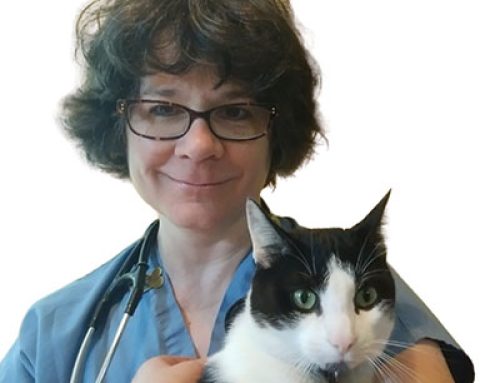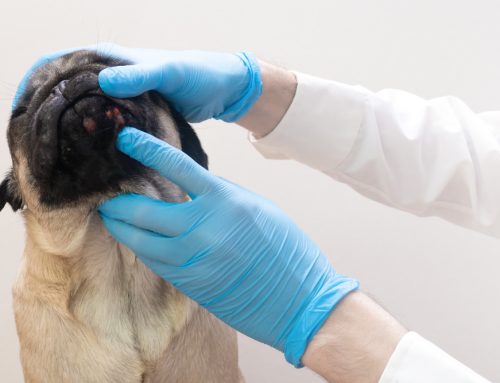According to the collaborative care coalition, the average primary veterinarian sees around 42 internal medicine cases per month, second only to dermatology cases at 43 per month. Despite that these cases comprise most of their caseload, primary veterinarians refer only about 7% to an internal medicine specialist for better disease management. Yet, many of the remaining 93% of patients could benefit from referral or consultation that would ensure they received the most up-to-date and effective treatments.
VESPECON offers internal medicine consultation services for those patients not yet ready for a referral or whose owners decline referral and expect you to provide the highest possible level of care. Here’s how an internal medicine specialty consultation can improve patient care for your most common cases.
#1: Learn about the newest and most effective treatments
Veterinary medicine constantly evolves, with new drugs, treatments, and knowledge becoming available as clinical trials and studies march forward. What you learned about treating a specific disease in veterinary school still applies, but as a general practitioner, you may be unaware of newer options and advancements. The internal medicine specialist’s job is to keep current on their knowledge and understand which patients will benefit from new strategies and who may benefit from tried and true older drugs. Consulting with an internist helps you think outside the box to provide your patient with new and additional treatment options that you may have overlooked.
#2: Order and interpret advanced diagnostics
After ordering basic blood, urine, and imaging tests and failing to reach a diagnosis, you may be stumped. What should I do next? An internal medicine consult can guide you toward next steps and help you interpret diagnostic results. Using a continuous glucose monitor is one example. These monitors can be incredibly useful in diabetes management, but you may need an internist to help you interpret the results and make impactful changes to the patient’s insulin dose and diet.

#3: Save clients money and time
Many diseases that fall under the internal medicine umbrella cannot be cured and require long-term management. Consultation with an internist can provide guidance and assurance that your management plan will most improve the patient and prevent as many recurrences as possible. The better you can manage the case, the fewer surprise visits and repeat diagnostics expenses for your client. Studies show that clients become frustrated and may leave the practice after three unsuccessful visits, but the same clients will remain bonded to the practice if a referral or consultation is offered early in the disease course.
#4: Manage multiple diseases effectively
Veterinary internists are experts in managing multiple concurrent diseases, such as diabetes and Cushing’s syndrome in dogs, or IBD and pancreatic or liver disease in cats. The standard treatments for one disease may directly contraindicate treatment for another, and balancing the patient’s needs may seem impossible, but an internist can help. Should you give the IBD cat with pancreatitis steroids? What happens if this patient also develops diabetes? What about the hyperthyroid cat with high blood pressure and kidney disease? An internist consultation can achieve an effective, whole-patient management plan.
#5: Elevate care for clients who decline referral
An internist consultation is especially helpful for clients with pets who would benefit from referral, but decline for whatever reason. You have access to the equipment and medications you need for many internal medicine cases and consultation provides the final missing piece to elevate care for patients in need. Consultation is also an excellent “middle of the road” option for clients who want to try another option before agreeing to a referral.
#6: The triad of care
The American College of Veterinary Internal Medicine (ACVIM) believes in the triad of care—the belief that the primary veterinarian, pet owner, and specialist veterinarian must all collaborate closely to provide pets with the best care. Consulting with an internist upholds this concept and ensures your patients are well-cared for.
The VESPECON team includes well-respected veterinary internists who can initially walk you through your most complex cases and will then remain available for ongoing consultation through the entire case cycle. Our virtual services are available at your fingertips, which allows for convenient face-to-face connection and strengthens the referring veterinarian-specialist relationship. Call us to learn more about our services, or visit our website to sign up and get started.







Leave A Comment